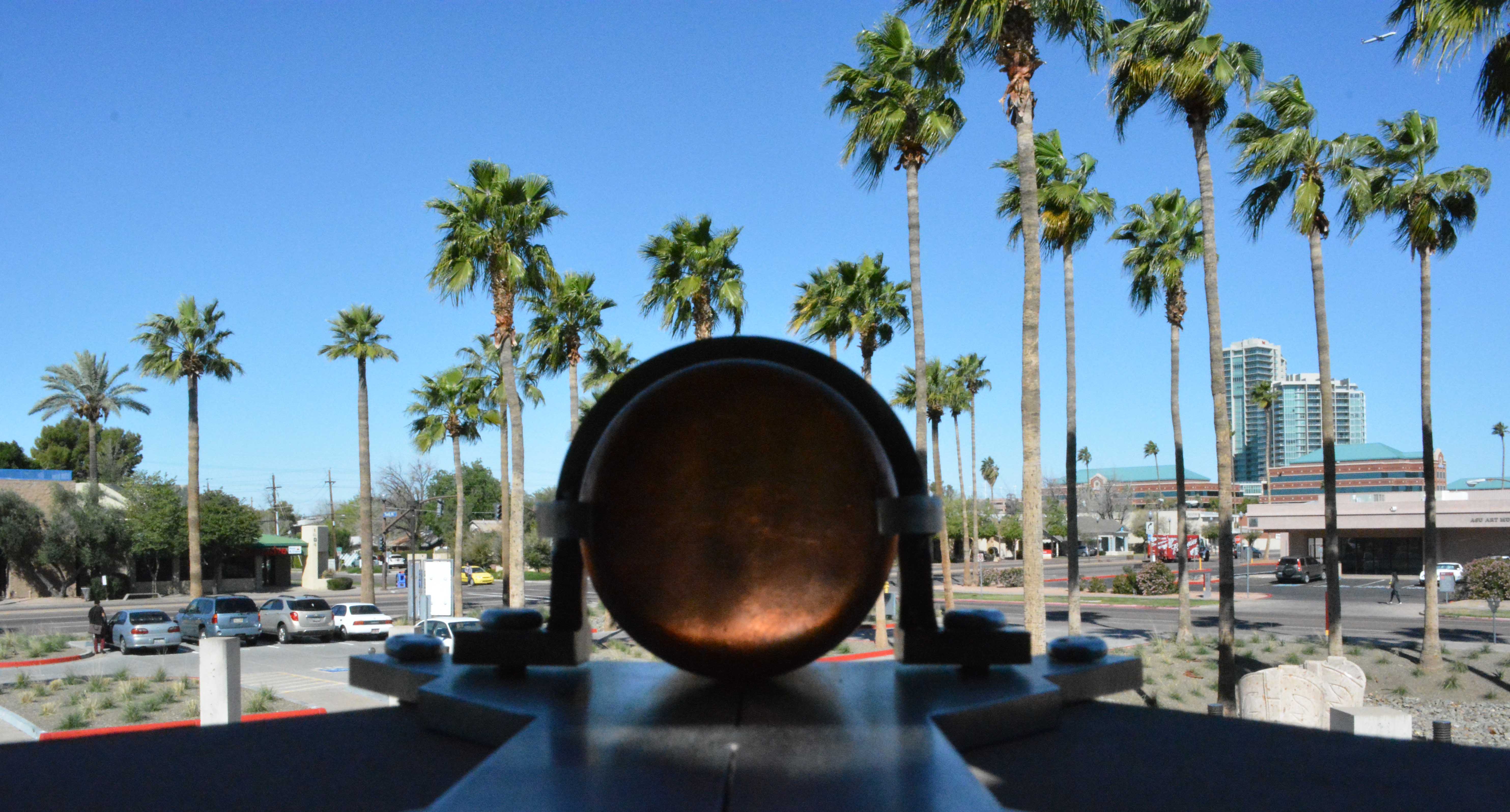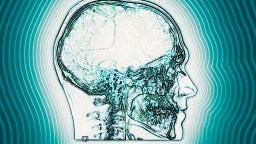There is no sense whatsoever that we are on the same page here, working toward some roughly agreed upon vision of a better future.
Search Results
You searched for: Robots
Companies looking for a quick way to boost efficiency should make certain that clear and precise agendas are used for each meeting.
Think not in terms of the bottom line, but the skyline.
Various computer science and theology experts have sounded off on how religion will impact (or be impacted by) the rise of smarter-than-human artificial intelligence.
In our most recent discussion with Ray, he discusses the ability of natural language machines, such as IBM’s Jeopardy!-slaying computer named Watson, to overleap our own cognitive abilities. The result, he says, will be a computerized personal assistant to help us throughout the day.
▸
2 min
—
with
As NASA researchers strive to create training programs for future Mars missions, the lessons they learn have implications for other forms of training here on Earth.
The highest-resolution panorama ever taken by a rover illuminates unprecedented detail of the red planet’s surface. “Studying whether there’s life on Mars or studying how the universe began, there’s something […]
Researchers from the University of Maryland and Australian research center NICTA have developed a method to teach robots tasks by exposing them to lessons on YouTube.
Thanks to Big Think’s favorite experimental philosopher Jonathon Keats, our great-great-great-great-great-great-great-great-great grandchildren will have a photographic record of how Tempe, Arizona, in 3015 ended up that way.
The Novice Art Blogger is a bot programmed with deep learning algorithms that attempts to make sense of pieces of art by explaining what it sees.
Pluto’s moons, Nix and Hydra, are the first with irregular rotations, and hence unpredictable sunsets and sunrises. “Movin’ right along.You take it, you know best.Hey, I’ve never seen the Sun […]
Giving children a fine-arts education is essential to create the kinds of skills necessary for the modern, creative economy, according to UCLA’s Anderson Forecast School of Management.
Author Steven Kotler explains the basic tenets of exponential technology growth cycles. Understanding these will allow savvy entrepreneurs to gain an advantage over their competition by way of exponential entrepreneurship.
Robots armed with weapons and programmed to act autonomously are already in the hands of national militaries.
Is innovation always a good thing? In the right hands, the myriad tech innovations on the immediate horizon could help solve humanity’s most pressing problems. In the wrong hands, change could lead to struggle.
What the first American woman in space meant for people everywhere. “Each generation goes further than the generation preceding it because it stands on the shoulders of that generation. You […]
In his latest book Bold, Peter Diamandis notes that exponential entrepreneurs need to keep an eye out for emerging technologies — such as virtual reality — about to emerge in a big way.
The long arm of automation is reaching out into realms previously thought unconquerable by machines. The Associated Press is proving journalism to be another of those realms.
Concerned that extreme advances in artificial intelligence could endanger humanity, Elon Musk has donated ten million dollars this week to safeguard humans from an “intelligence explosion.”
Trying to sell an idea like immortality is probably as old as language itself. Like all heads at Google, Ray Kurzweil is selling an ideology, one that will eventually be capitalized upon by whoever holds the patent.
Futurist Vivek Wadhwa predicts change “at a scale which is unimaginable before,” thanks to advances in technologies like robotics and 3D printing. “New trillion dollar industries will wipe out out existing trillion dollar industries,” he says. “This is the future we’re headed into, for better or for worse.”
▸
8 min
—
with
In the future robotic utopia, grandma and grandpa will have electronic helpers around the house to fold the laundry, collect the dirty dishes, or straighten a necktie.
The founder of MIT’s Media Lab imagines a future in which information and knowledge can be delivered to the brain through the bloodstream.
▸
3 min
—
with
Despite worries that inevitable automation will swallow up only low-skill jobs, one writer thinks that doctors should be legitimately concerned about the prospect of computers performing their jobs better.
Vivek Wadhwa walks us through innovations that will disrupt the manufacturing, communications, finance, healthcare, and energy industries.
Biologist Edward O. Wilson tackles the meaning of life and existence. He argues that explaining why we’re here, what we are, and where we’re going is a task best suited to science, not philosophy. He identifies five major scientific branches that are currently making the most progress.
The founder of MIT’s Media Lab imagines a future in which information and knowledge can be delivered to the brain through the bloodstream.
NASA’s High Altitude Venus Operational Concept (HAVOC) program will feature an evolutionary exploration of Venus’ atmosphere that could one day lead to semi-permanent colonies.
Michio Kaku: Can We Download Our Brains? One day we might be able to download our consciousness into a computer chip, preserving our personalities forever—but first we will have to […]
Andrew McAfee of the MIT Sloan School of Management discusses the concept of creative destruction, which explains the phenomenon of automation simultaneously wiping out existing industries while creating new ones in their place.

























